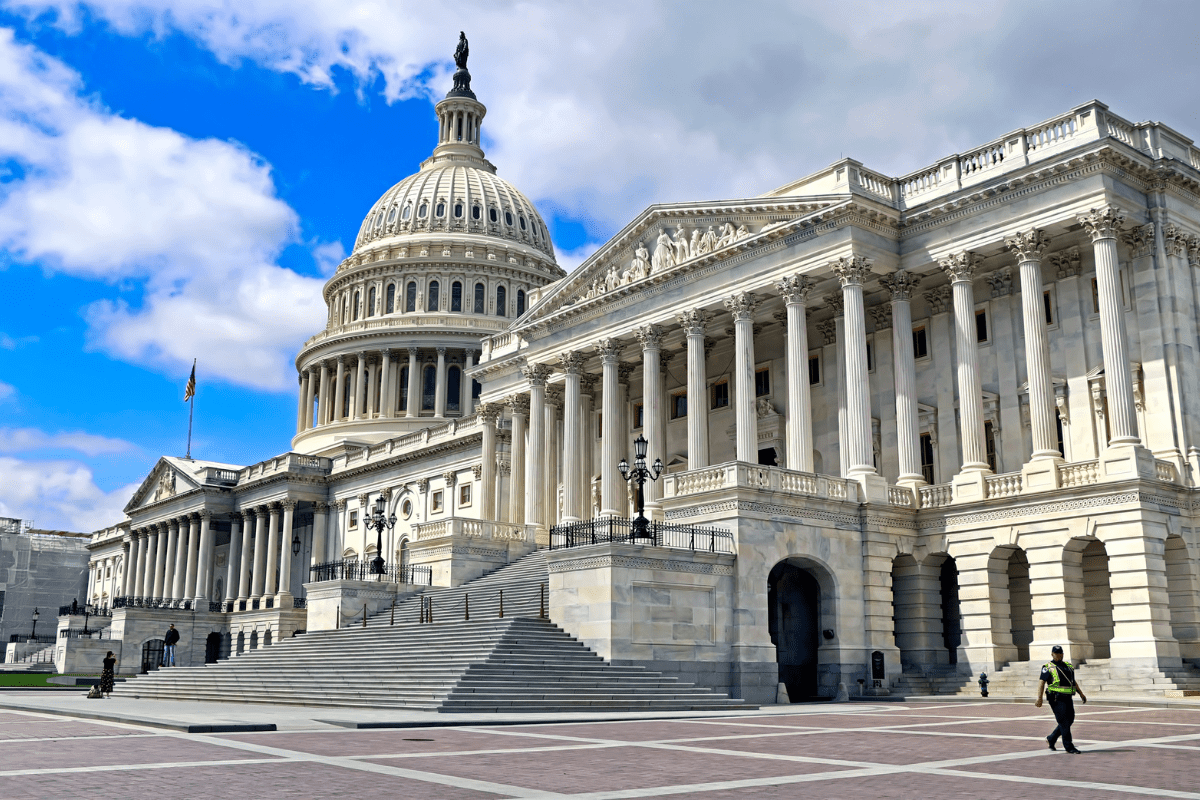SECURE Notarization Act Heading to Senate as Digital Closings Soar
In the real estate world, few stories have been quite as big as the SECURE Notarization Act. Throughout the COVID-19 pandemic, businesses throughout the world faced new constraints. Crucially, global lockdowns forced remote work into fruition. With the real estate industry redesigning critical processes, digital notarization grew in its acceptance.
Overall, the added convenience allowed for mass adoption throughout the real estate world. With remote notarization, the document certification process gained increased user-friendliness and safety features. In the latest step forward, the United Senate now plans to officially pass remote notarization.
What is Remote Online Notarization?
Before diving into the SECURE Notarization Act, it’s first important to understand remote notarization conceptually. Remote online notarization (RON) makes notarizing key documents possible through digital means. While doing so, RON implements secure software to speed up and optimize the closing process.
Thus, the real estate industry moves faster when buying and selling homes, taking out loans, refinancing, and more. Initially, the dawn of the coronavirus pandemic created this necessity. That said, real estate professionals quickly realized the benefits of remote notarization. Now, the real estate sector pushes for permanent online notarization capabilities.
The SECURE Online Notarization Act
The SECURE Notarization Act, now in the hands of the U.S. Senate, aims to immediately and permanently permit the use of remote online notarization nationwide. In addition, the Remote Notarization Act establishes foundational security minimums. With these minimums, real estate professionals must take appropriate means to prevent wire fraud, among other forms of cybercrime.
According to Congress.gov:
“This bill allows a notary public commissioned under state law to remotely notarize electronic records and requires recognition of notarizations performed under the laws of other states.
Under the bill, a notary public may remotely notarize electronic records occurring in or affecting interstate commerce if (1) the individual and the notary public are able to electronically communicate by sight and sound simultaneously (i.e., by video chat); (2) the notary verifies the individual's identity and records the notarization; and (3) the notarization complies with other requirements, such as those relating to the attachment of a stamp or seal to the electronic record.
Additionally, the bill allows a notary public to remotely notarize electronic records involving an individual located outside of the United States, subject to certain requirements.
The bill also requires U.S. courts and states to recognize notarizations, including remote notarizations of electronic records, that occur in or affect interstate commerce and are performed by a notary public commissioned under the laws of other states.”
How the SECURE Notarization Act Helps Americans
As the U.S. Senate seeks to approve the SECURE Notarization Act, Americans face an easier notarization process. Not only will the real estate closing process be more convenient, the Act pushes for security as well.
While closings previously occurred in person with commute times and physical paper, real estate closings can now occur virtually. As the Act rests on Senate desks, the nation looks forward to more uniform laws concerning the security and application of remote online notarization in the future.
For legal guidance through residential and commercial transactions, schedule an appointment with the real estate attorney at Lee Scott Perres, P.C.


